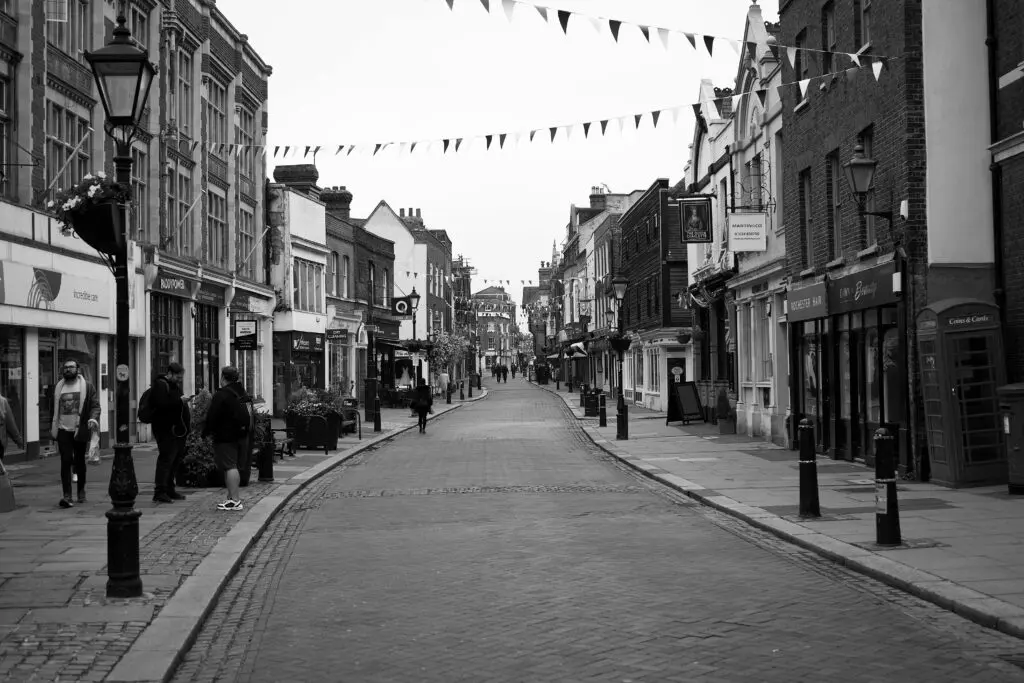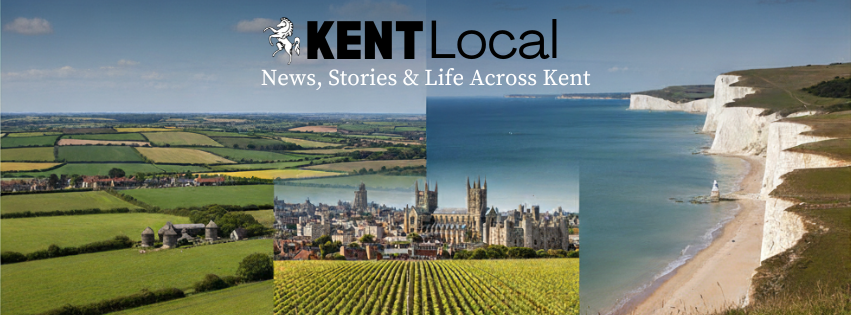Businesses in Kent expect to feel the brunt of the recent National Insurance changes announced in October. Hospitality, transport, and recruitment sectors raised concerns, warning rising costs could lead to higher prices, reduced services, and slower hiring.

Rising Costs for Businesses
Starting April 1, an increase in employer National Insurance contributions (NICs) will be rolled out. The increase is part of new fiscal policies announced by Labour Chancellor Rachel Reeves last year.
The move has sparked concerns among business owners. Industries already facing high operating costs are particularly alarmed.
Many fear the tax changes may force them to raise prices or cut jobs. Public transport operators worry that higher payroll expenses could reduce service availability. Some firms are delaying recruitment due to financial uncertainty.
The British Retail Consortium warned that additional costs could put pressure on businesses. While still recovering from the impact of the COVID-19 pandemic and inflation, the tax increase can worsen the situation.
Concerns from Business Groups
The Kent Invicta Chamber of Commerce has voiced concerns about the growing financial burden on businesses.
Shevaun Haviland, Director General of the British Chambers of Commerce, acknowledged the challenges. She said: “While some protection for smaller firms is welcome, the increase in employer National Insurance Contributions will place a further cost burden on business. This, coupled with a 6.7% increase in the National Living Wage, means many firms will find it more challenging to invest and recruit in the short term.”
According to a recent Quarterly Economic Report from the Chamber, 74% of businesses in Kent have increasing labor costs. Business confidence has stagnated after previous signs of recovery. This highlighted the strain many SMEs are facing amid rising expenses.
Thorley Taverns director Philip Thorley, emphasized how hospitality businesses will be affected. “The 16 to 17-year-olds, who are the younger people who join our business and start with us, their rate is going up 18%,” he said. “I’m sure that you would like your wages to go up 18%. I’d love my wages to go up, my own personal wages. It doesn’t work that way. And this is only going to fuel inflation. And it’s going to mean fewer jobs and fewer people in employment. It really is a struggle.
“We’ve got 400 people who work with us. And we look to give the customers the best service that we can. However, bills have got to be paid, and HMRC is somebody who doesn’t wait. So you’ve got to make sure that we balance the books. So I think there are going to be fewer hours for the team members we have.
“And I think that we will look to be doing less part-time people, therefore fewer younger people, and looking to try and consolidate those into full-time jobs because it becomes more cost-efficient to anybody in our type of operation, not just Thorley Taverns.”
The British Retail Consortium also warned that rising costs could put 160,000 part-time retail jobs at risk over the next three years. This means one in every ten of the 1.5 million part-time retail jobs in the UK could be lost.
Helen Dickinson,its chief executive, said, “As the largest private sector employer, employing many part-time and seasonal workers, the changes to the National Insurance threshold have a disproportionate effect on both retailers and their supply chains.” She also noted, “Local communities may find themselves with sparser high streets and fewer retail jobs available.”
Government Response
Amid the concerns, the Treasury has defended the changes. It stated that additional revenue is critical to support public services and the NHS. A spokesperson for HM Treasury said: “This policy is part of a broader effort to ensure the long-term stability of our healthcare system and public services. While we understand concerns from businesses, we believe this is a necessary step.”
Chancellor Reeves also argued that the tax changes aim to create a fairer system. She said the move ensures larger businesses contribute appropriately. The government insists that SMEs will receive some relief through existing tax allowances. However, many small business owners say the support is not enough to offset the rising costs.
Calls for Support
Industry leaders are calling for targeted relief as rising costs could slow local growth. They warn that without intervention, this could create further economic challenges. The British Beer and Pub Association urged the government to consider tax relief for struggling pubs and restaurants. It argues that the changes could accelerate closures across the sector.
Meanwhile, the Federation of Small Businesses (FSB) has also expressed concern. Chair Martin McTague, warned that small firms with tight profit margins could be hit harder with higher NICs. “This is another cost that small businesses will have to absorb, and for some, it could mean difficult decisions about hiring and expansion,” he said.
The Road Ahead
While the government remains firm on its stance, business groups and industry leaders are urging reconsideration or added support. They warn that without changes, the financial pressure could harm investments. This could result in slow economic growth, and cause job losses in important sectors.
In the months ahead, businesses will need to adapt to these changes. Many hope the government will revisit the issue and find a balance between funding public services and supporting economic growth. For now, Kent’s business community faces tough times ahead.



